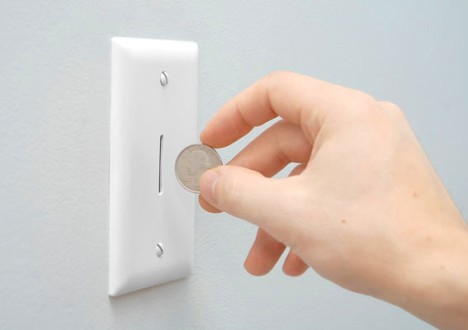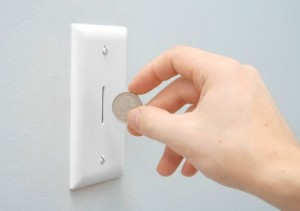U.S. homes account for 20 percent of total energy use, and heating and cooling consume an amazing 44 percent of energy use in homes. Heating oil, natural gas and electricity costs are all expected to continue to rise. If you find that your energy-related costs are becoming way too cumbersome, there are some relatively painless steps you can take to save energy and put some extra money in your pocket while doing so.

Here are a few energy saving tips you can follow in order to help ease some of that financial pain.
Federal tax credits for energy efficiency
By installing energy efficient items such as solar panels, windows, doors, skylights, water heaters, etc., you can save a great deal of money. Many credits reimburse you for up to 10 percent of the cost up to a certain amount like $500, but the solar panel credit gives you 30 percent of the entire cost, and is uncapped.
Heating and cooling
You can take steps to weatherize your home, such as caulking and weather stripping, which will help keep you from wasting energy heating and cooling your home. Also, digital thermostats can help your system run much more efficiently. Fixing air duct leaks can be a big help, as well was window treatments and UV films to help prevent heat loss and buildup. And if you are considering purchasing a new HVAC system, make sure it is the right size for your home. If it is too large, it will produce more energy than you really need.
Lighting
If you switch to compact fluorescent light bulbs, you can save quite a bit of money on your electricity. Also, more efficient forms of LED lighting are coming to market that can help you save even more.
Appliances
Refrigerators and washer/dryers are notorious energy consumption devices. In fact, they use the most power in the typical home. Make sure your refrigerator is set correctly so that it doesn’t run inefficiently, and wash clothes in cold water to help save energy. If you can, run your washer/dryer and dishwasher between midnight and 7 a.m., since this is when energy rates are usually at their lowest.
Computers
Set your computer to hibernate after a period of time of inactivity, or simply turn it off if you know you will not be using it for the rest of the day.
TVs
HDTVs in particular eat up a ton of power. Use a smart power strip so that electricity is not pulled even when the TV is off, and make sure your set isn’t on “torch mode.” This is the mode used in stores to show off a TV’s brightest picture, and it drains quite a bit of energy.

 Follow
Follow